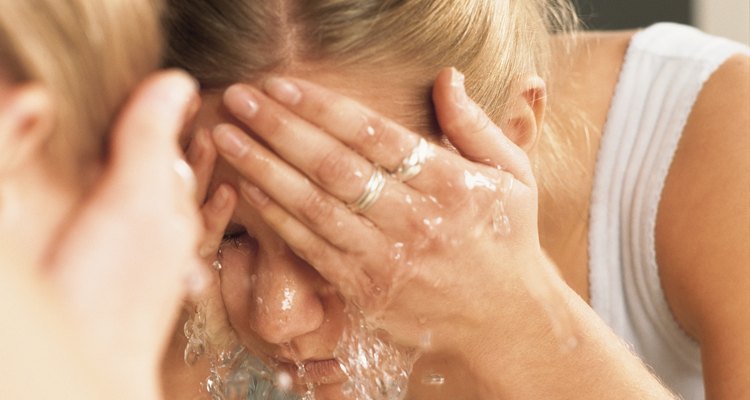
Photodisc/Photodisc/Getty Images
Although there isn’t an ideal time for a breakout, pimples always seem to crop up at the most inopportune occasions. Unfortunately, medications take time to work, sometimes as much as four to eight weeks, so you’re often left playing the waiting game. To speed up recovery, many people try combining acne treatments. This isn’t always a good idea.
Keratolytic Agents
Salicylic acid and sulfur act on the skin in similar ways -- both are keratolytic agents, which means they promote peeling of dead skin cells. Because dead skin cells can combine with excess oil to clog your pores and lead to acne, using the two together probably sounds twice as effective for managing your breakouts. But these two ingredients could overly irritate your skin.
Skin Irritation
While some minor skin irritation might seem like a small tradeoff to improve your complexion, you could be doing more harm than good. Irritating your skin doesn’t just lead to dryness and peeling. It could also make your acne worse, so it’s not usually advisable to use both salicylic acid and sulfur soap at the same time, unless, of course, your dermatologist tells you otherwise.
There are soaps on the market that contain both sulfur and salicylic acid, which can be used to treat acne, as well as other skin conditions, such as seborrheic dermatitis. But the soaps can lead to skin irritation, peeling and dryness. Also, these types of soaps should not be used with other topical medicines for the skin, including benzoyl peroxide, resorcinol and tretinoin, cautions MayoClinic.com.
Recommendation
If you choose to use salicylic acid, wash with a gentle cleanser before applying to the skin. Gentle cleansers tend to contain ingredients that won’t irritate or dry out your skin like harsh soaps and astringents. After washing, apply your lotion containing salicylic acid to slough the dead skin cells and unclog your pores.
Other Options
Like any topical agent, salicylic acid isn’t for everyone. You might not experience any improvements in your complexion with its use. If this is the case, consider trying a lotion containing benzoyl peroxide or resorcinol. Both of these ingredients are effective in managing mild to moderate breakouts. If your acne is severe, however, over-the-counter medications aren’t likely strong enough. Talk to a dermatologist to determine if a prescription medication can control and treat your acne.
Related Articles

Acne & Antibacterial Soap

Can Proactiv Solution Cause Itchy Skin?

List of Soaps for Acne
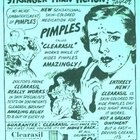
Life Cycle of a Pimple

Olive Oil Soap for Acne
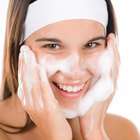
Acne Free vs. Proactiv

How to Exfoliate for Rosacea

How to Get a Pimple to Go Away Fast

How to Maintain Good Skin After Accutane

Is Proactive Too Strong for Sensitive ...

Can Tri-Luma Be Used to Fade Acne Scars?

Benzoyl Peroxide-Free Acne Products

Calories in One Slice Provolone Cheese

Side Effects of Certain Dri

How to Naturally Treat a Fungal ...
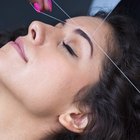
How to Get Rid of Pimples After Eyebrow ...

How to Remove Shaving Scars
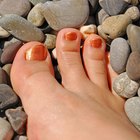
Crumbling Nail Tips

Yogurt Face Mask for Acne

How to Get Rid of the Smell of Alcohol ...
References
Writer Bio
Based in Minneapolis, Minn., Dana Severson has been writing marketing materials for small-to-mid-sized businesses since 2005. Prior to this, Severson worked as a manager of business development for a marketing company, developing targeted marketing campaigns for Big G, Betty Crocker and Pillsbury, among others.
Photo Credits
Photodisc/Photodisc/Getty Images